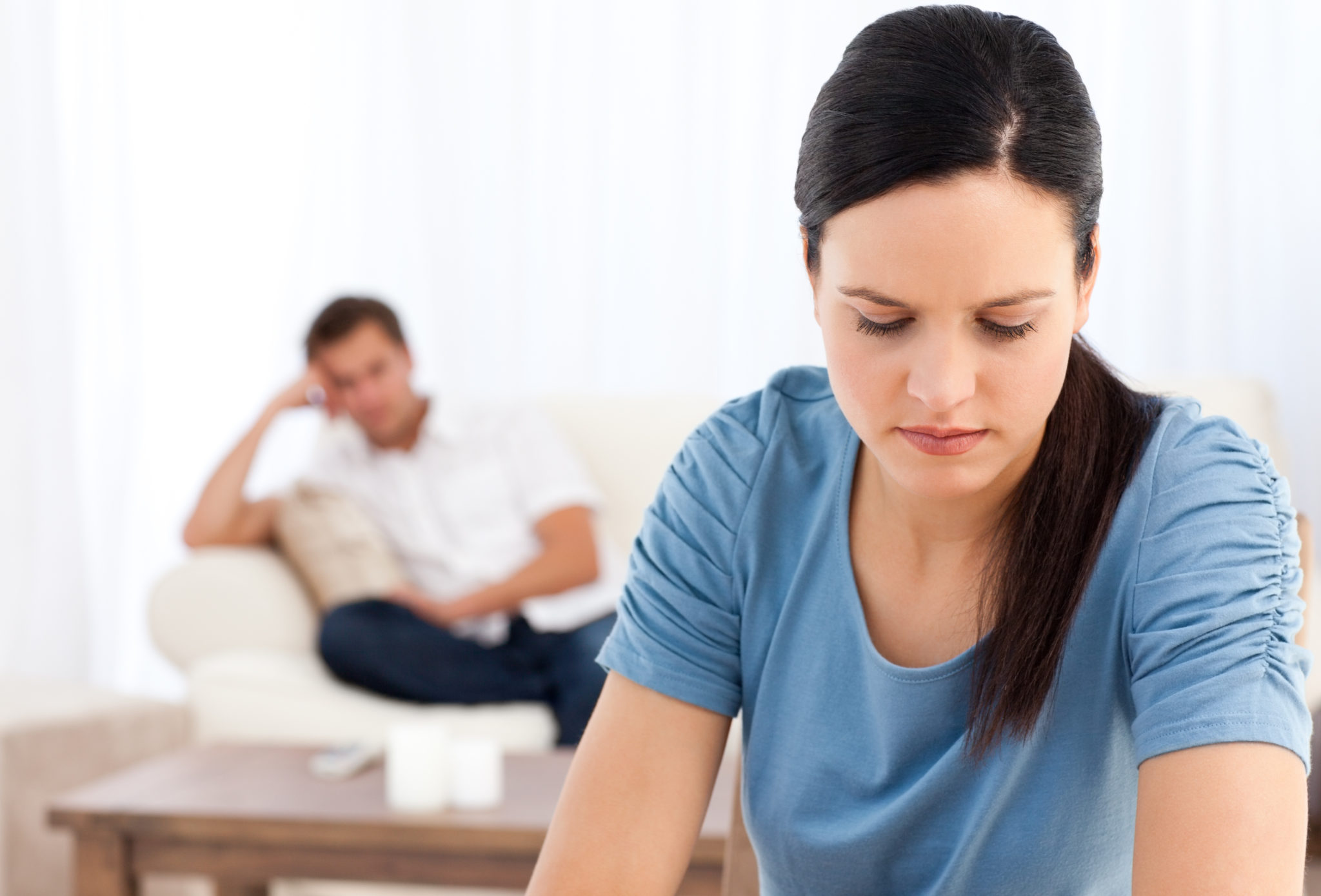Domestic Violence
Posted by Improving Lives Counseling | Articles

They have a beautiful evening – dinner at their favorite restaurant, a movie they both enjoyed, and a starry-eyed walk through their favorite park. They are deeply in love and have been for years, yet upon arriving at home, things change. He asks a question and the response isn’t immediate enough, she finds empty beer bottles near his favorite chair and complains, he pours an alcoholic drink and she accuses him of ruining the evening, he leans in for a romantic kiss and she is no longer in the mood. When one partner feels the need to control the other, feels disrespected, slighted, or unappreciated and subtle arguments turn violent, it is abuse. Although experts don’t agree on the causes of domestic violence, they agree the victim never causes the abuse. So what about family members who say they know the triggers and what to avoid? The mental health community has found family members who make this claim are basing their findings on patterns and practices rather than the predisposing factors of domestic violence.
In June 2016, the Supreme Court ruled gun ownership rights can be denied to people who commit reckless acts of domestic violence. Irrespective of politics surrounding gun ownership, public and mental health advocates, using evidence-based research, found “domestic violence and guns are known to be a deadly combination”. The Domestic Violence and Firearms Law Center reported, “in nearly 64.5% of the households that contained a firearm, the intimate partner had used the firearm against the victim, usually threatening to shoot or kill the victim”. There are a few mental illnesses or disorders which can increase the risk of abusive behavior, however, mental illness and behavior disorders affect all areas of a person’s life. Abuse primarily affects personal and intimate relationships only. Improving Lives Counseling Services counselors and therapists offer assessment and intervention Crisis Services.
Living in an abusive environment affects everyone, especially the children. Experts believe children raised in abusive homes learn that violence is an acceptable way to solve problems and resolve conflicts. They often replicate the violence in their teens and in their adult relationships. Many mental health professionals have found couples counseling does not work in an abusive relationship – often reinforcing the behavior and becoming disdainful. Our team of highly trained professionals are well versed in abusive relationships. Treatment plans are developed to meet the specific needs of each individual patient/client.
“Domestic violence is defined by the World Health Organization (WHO) as any behavior within an intimate relationship that causes physical, psychological, or sexual harm. Many states define domestic violence as a distinct crime. As a result, a suspect who strikes a significant other may be charged with domestic violence instead of (or in addition to) other crimes such as assault and battery.” Researchers have found in the cycle of domestic violence most spouses fail to file charges or drop filed charges once apologies are made. Psychologist Lenore Walker identifies three cycles: Tension Building Phase, Acute Battering Episode, and the Honeymoon Phase. She goes on to say, “The abuse may be terrible, but the promises and generosity of the honeymoon phase give the victim the false belief that everything will be all right. Why do they stay? Many are defined by the criminal justice system. Others stay for the children, for financial security, social status, employment, religious commitments, and cultural obligations. Lack of support from family members also tops the list.
Aside from the psychological problems of anxiety, depression, behavioral disorders, and PTSD, domestic violence and intimate abuse contribute to a number of health problems: chronic pain, gastrointestinal disorders, high blood pressure, heart disease, obesity, psychosis, and bodily injury. Studies by Law Enforcement have found domestic violence increases on holidays, at family events, and in the summer months of June, July, and August. According to the Centers for Disease Control and Prevention, every minute about 20 people are physically abused by an intimate p
artner in the United States.
The lives of those you love are more important than any e
mbarrassment you or a family member might be experiencing. Domestic violence and intimate partner abuse is real; it affects the immediate family, the extended family, and those who know or have reason to believe it is happening. Now is the time to take a stand and support those you love and care about most. Reaching out for help isn’t a display of weakness. The caring counselors and therapists of Improving Lives Counseling Services offer Prevention and Early Intervention, Crisis Services, Consultation Services, and Therapeutic Care. Our services are free to clients and families with Sooner Care and we accept Medicaid and Medicare. Protect yourself and your family. Life the life you were meant to live. Call us.
